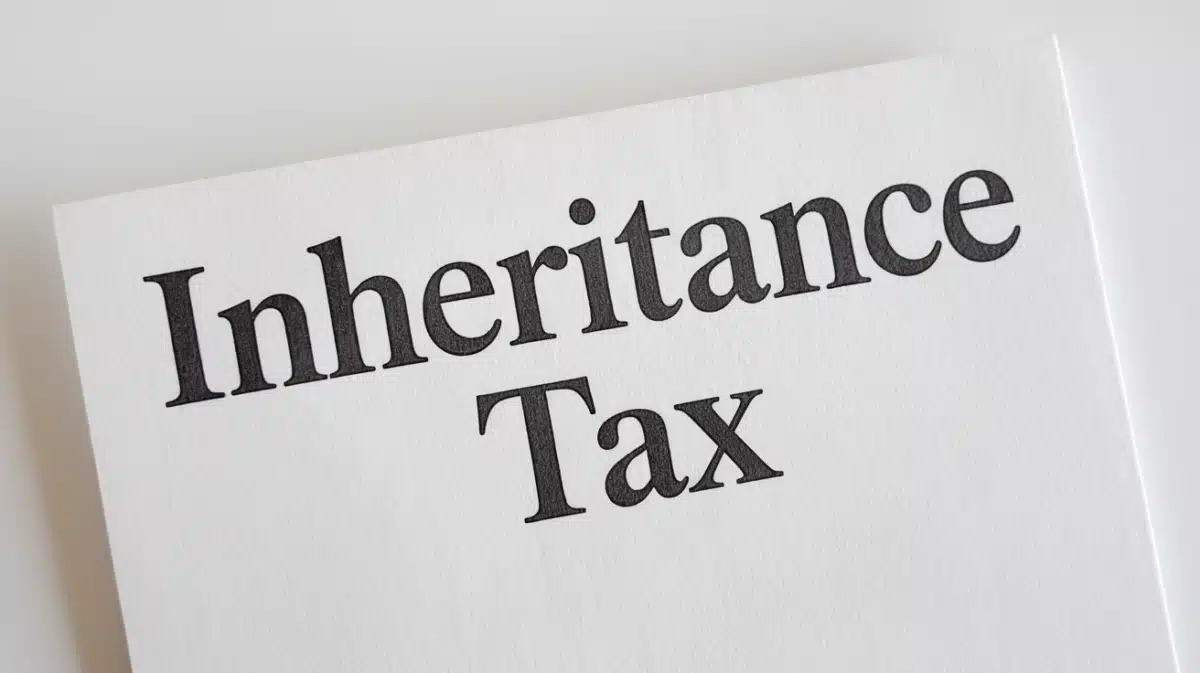The inheritance tax (IHT) seven-year rule, a key mechanism for reducing tax liability on financial gifts, is under scrutiny amid speculation that a Labour government may reform or scrap it. Experts warn this could lead to increased tax obligations for families, prompting many to act pre-emptively.
The rule currently allows financial gifts made more than seven years before the donor’s death to avoid inheritance tax. However, proposals to extend this timeframe or impose additional restrictions could significantly alter estate planning strategies, with financial advisers reporting heightened concern among clients.
Growing Concerns Over Potential Changes to the Inheritance Tax System
The seven-year rule, formally known as the “potentially exempt transfer” (PET) mechanism, is a cornerstone of the UK inheritance tax framework. Under current regulations, gifts made within seven years of a donor’s death are subject to IHT if their combined value exceeds the £325,000 nil-rate band. Beyond this threshold, a sliding tax scale applies, starting at 40% for assets transferred closer to the time of death.
Labour’s potential reforms could see the seven-year period extended to ten years or removed entirely. Nimesh Shah, chief executive of accountancy firm Blick Rothenberg, has warned that this rule is “up for grabs” as the government seeks new revenue streams to balance its fiscal plans. “Inheritance tax is now at the fore of concerns,” he stated, highlighting its growing significance in tax policy discussions.
Financial experts have noted a surge in clients looking to make significant gifts now, in anticipation of possible rule changes. Emma Sterland of Evelyn Partners observed an increase in families “bringing forward gifts” to avoid future uncertainty, while Ian Cook, a financial planner, emphasised the importance of strategic estate planning in such volatile times.
Families Urged to Act Strategically Amid Uncertainty
The uncertainty surrounding the IHT seven-year rule has amplified concerns among families and financial planners alike. Many individuals are adopting cautious approaches, restricting their gifts to the £3,000 annual tax-free allowance despite potentially benefiting from larger gifts under current rules. Andy Butcher, a wealth manager at Raymond James, remarked that this hesitation often results in missed opportunities for greater tax efficiency.
The potential changes could also have broader implications for intergenerational wealth transfers, particularly for middle-class families whose estates might not previously have faced significant IHT liability. Olly Cheng, financial planning director at Rathbones, noted that families are increasingly seeking professional advice on inheritance tax planning, emphasizing the importance of considering long-term strategies to address the potential for changes in tax policy.









